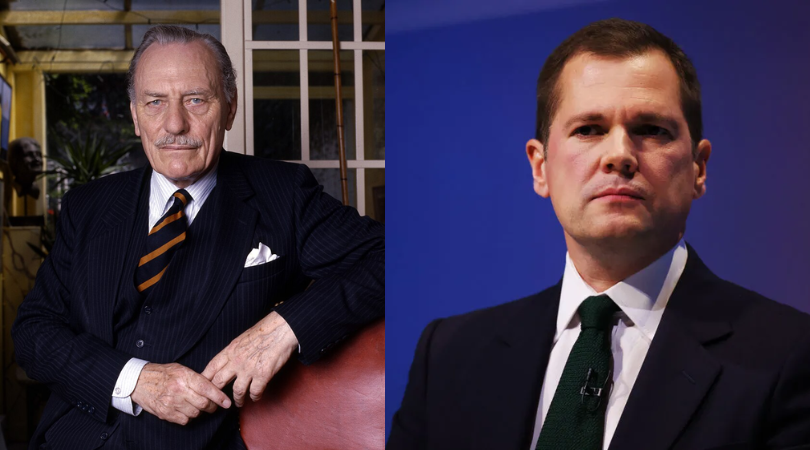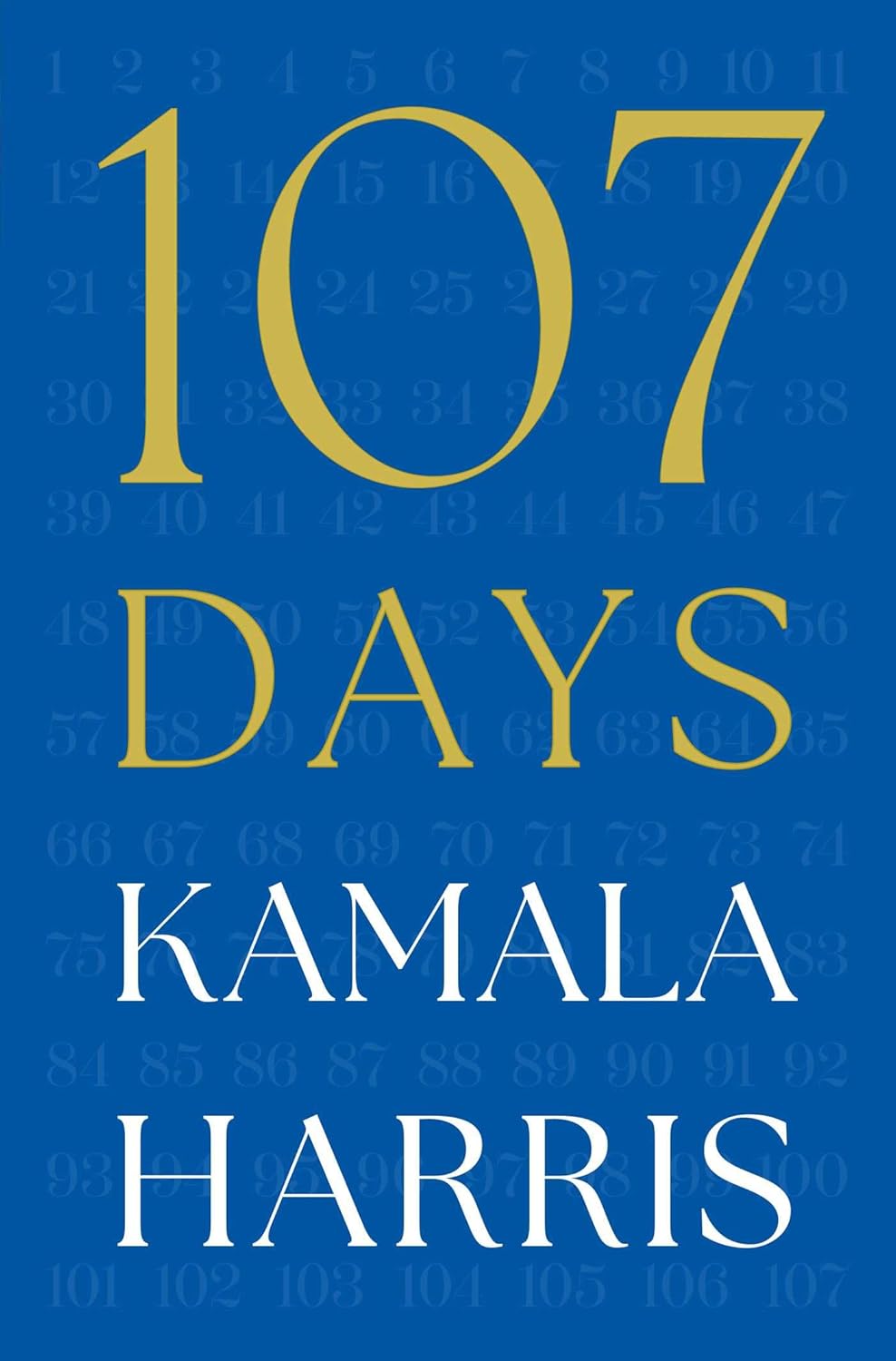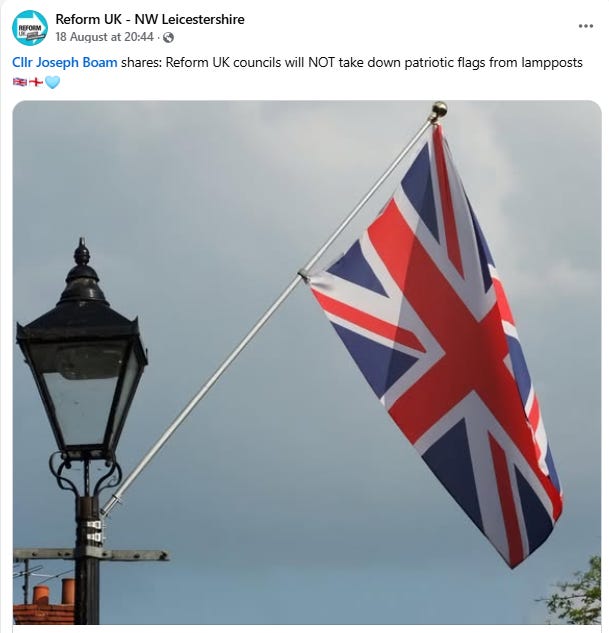My son has recently started a degree in politics and international relations at a prestigious university and recently had a seminar about the decline of western economies (and, potentially, democracies) in an increasingly interconnected world.
Driving him back to university after a weekend back home he asked me 'how do we stop the decline?'
It's a question that I have given a great deal of thought to in recent years and one where I think there is an answer. And the answer is fairly simple.
We have to accept the world that we live in and our place in it.
For a period of around one hundred years there is a strong argument that Britain was the world's leading nation. It was a nation boosted by the growth of empire but, more importantly, as the birthplace of the industrial revolution.
That period came to an end in the first half of the twentieth century as other nations competed with us industrially and our imperial dominions, one by one broke away. In terms of population, productivity and natural resources other nations have caught and overtaken us.
At the same time, and Britain isn't alone in this, we have become addicted to higher welfare standards, material possessions and paid holidays. So much so that that the cost of living for all has increased beyond recognition and the cost of paying for those who are not economically productive has become extortionate for those who are. The situation is so dire that millions of younger people can no longer afford their own homes or their own children.
So the first part of the answer is simple. We must face reality.
Coincidentally, this morning's Times reports on a story about McVitie's Club biscuits.
If you are of a certain age in the past McVitie's would advertise their product using the tagline 'If you like a lot of chocolate on your biscuit, join our club.'

The problem is McVitie's can no longer claim their Club biscuits contain chocolate, because they don't.
The price of cocoa has increased so much that the company's formulation for their confectionary contains more palm oil and shea oil than cocoa solids and, as such, the most that they can legally be called in 'chocolate flavoured'.
In the scheme of things it is a minor issue but it is a perfect illustration of where we are in the world.
We used to have chocolate biscuits but external pressures mean that realistically we no longer can. The price of ingredients is more than we would be prepared to pay in order to make their production profitable.
So, instead of being honest and saying 'if you like a lot of palm oil and shea oil on your biscuit, join our club', manufacturers will come up with some meaningless compromise that no one believes, but enough are prepared to suspend their disbelief to allow things to muddle on.
The same is true of Britain.
We know our living standards are unaffordable, we know that other parts of the world are overtaking us.
But instead of admitting that and strategising for a different future (like Jeremy Hunt's "Can we be great again" so excellently does), enough of us listen to politicians that offer us a type of 'chocolately flavour' instead of the reality of changing our diet.
Until we realise that the inevitable conclusion is that we will end up with more and more palm oil that at some point the chocolate will no longer be recognisable we will continue down the same route. At which point it will become impossible to catch those who can actually afford the chocolate.
We can only start to address the wider issue once we acknowledge what it is.








